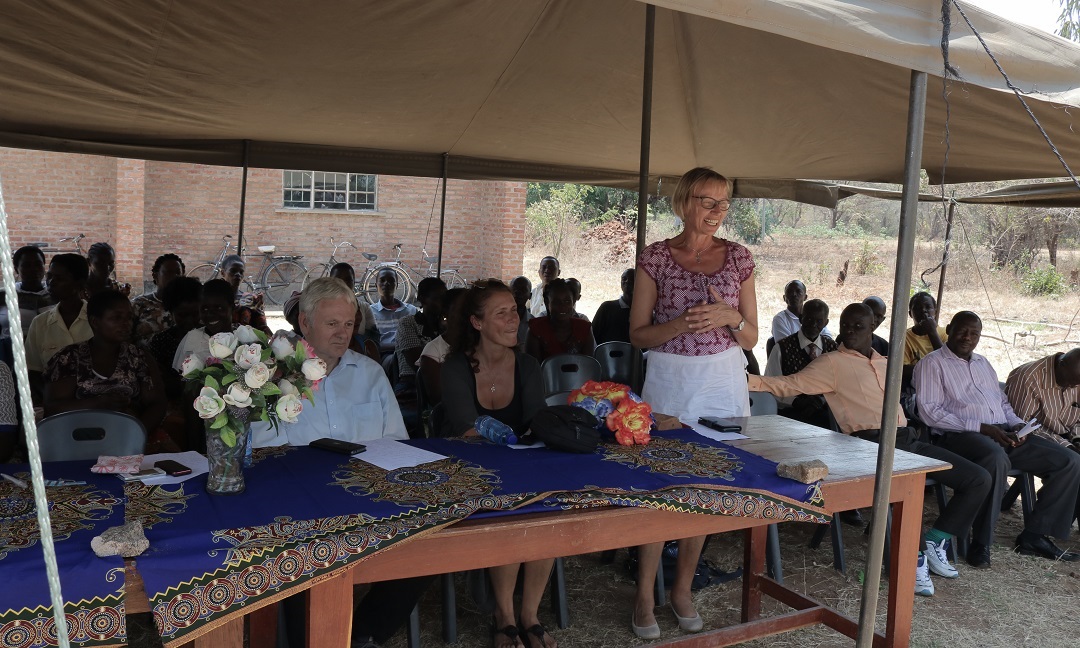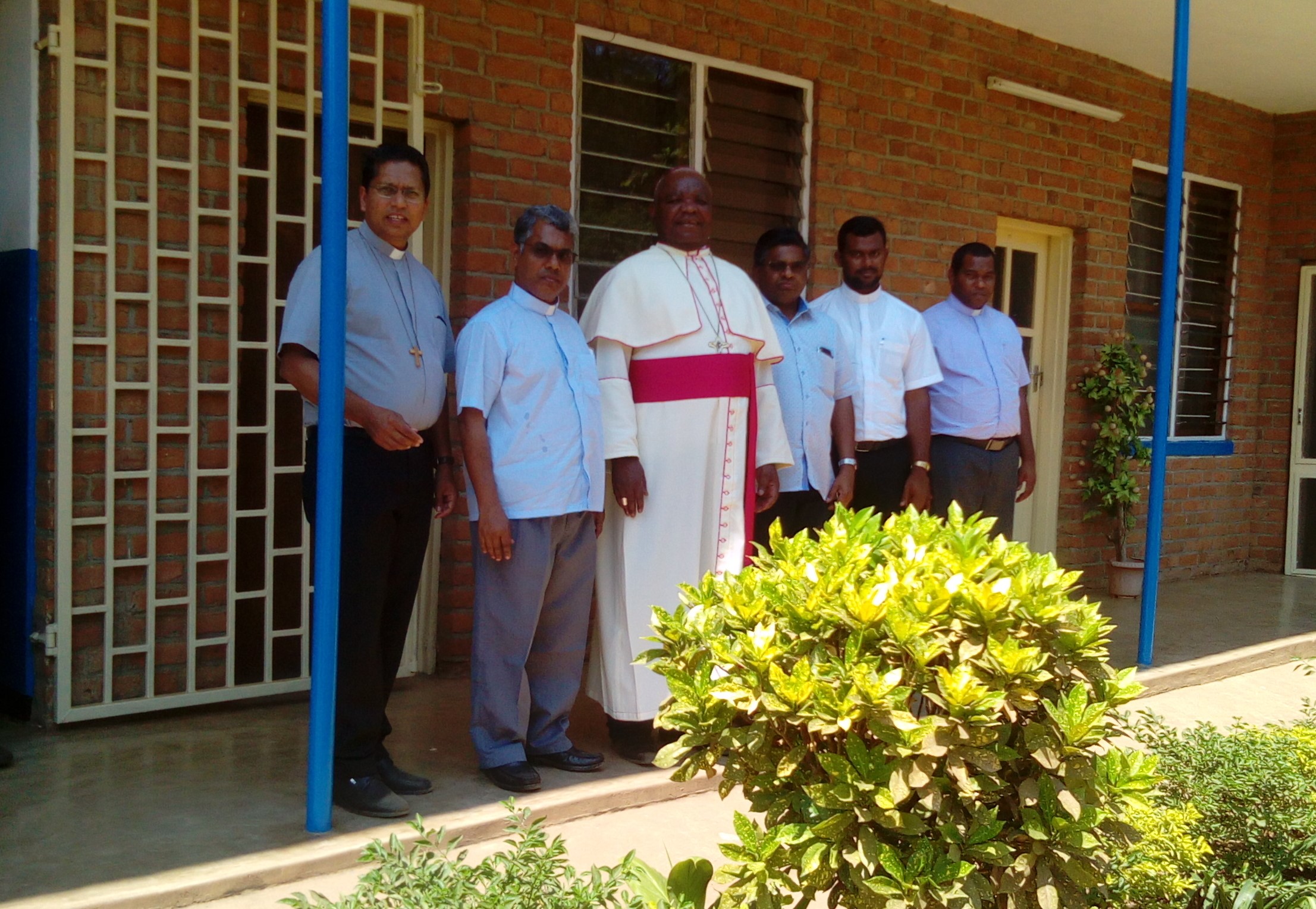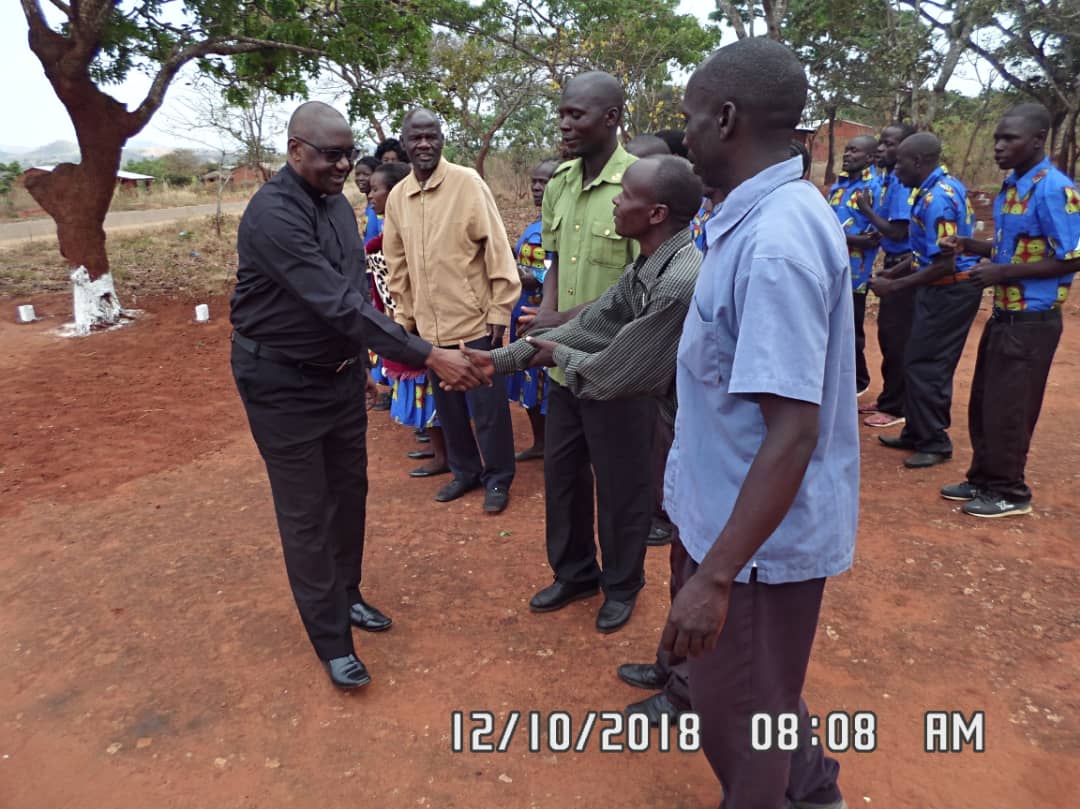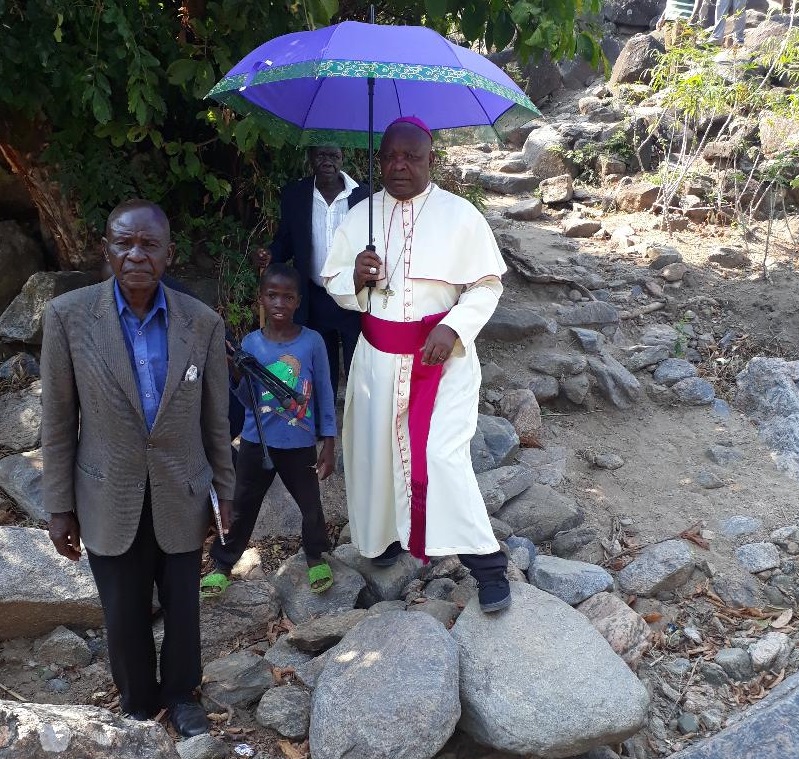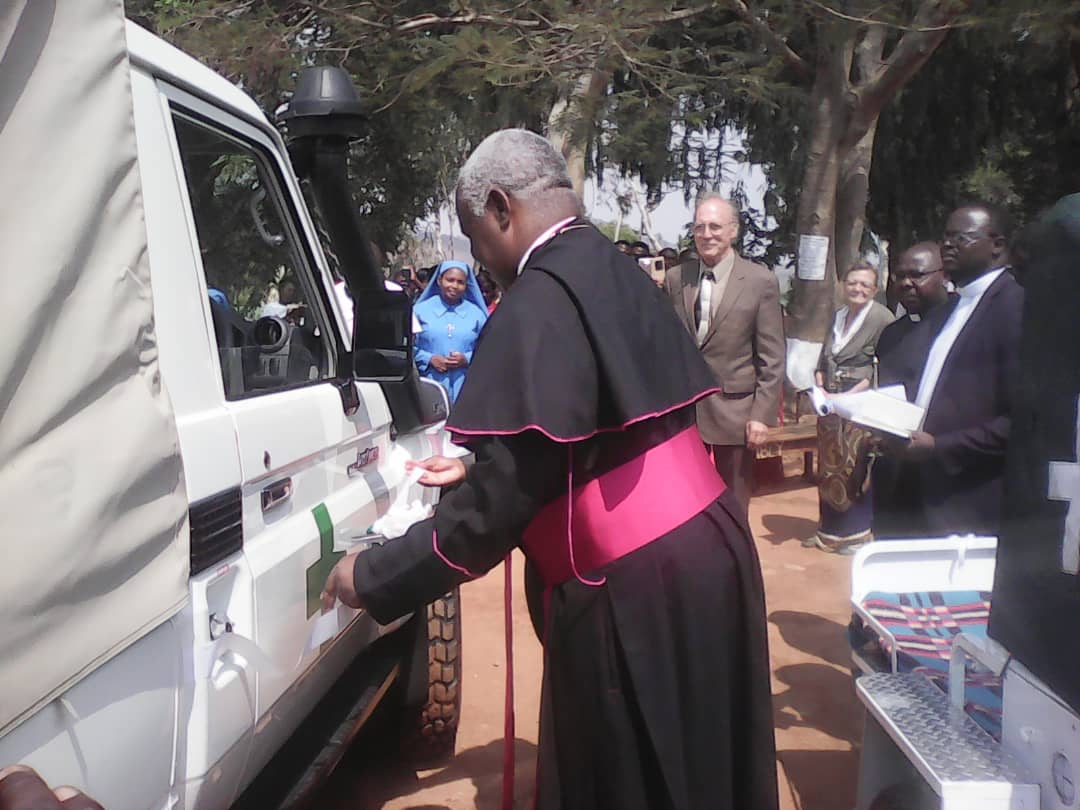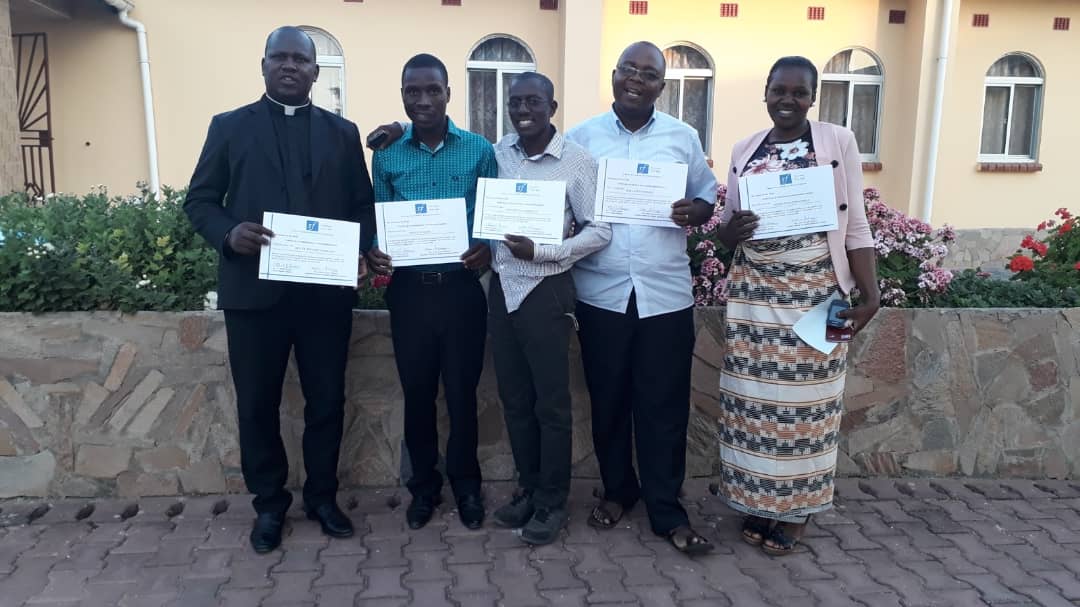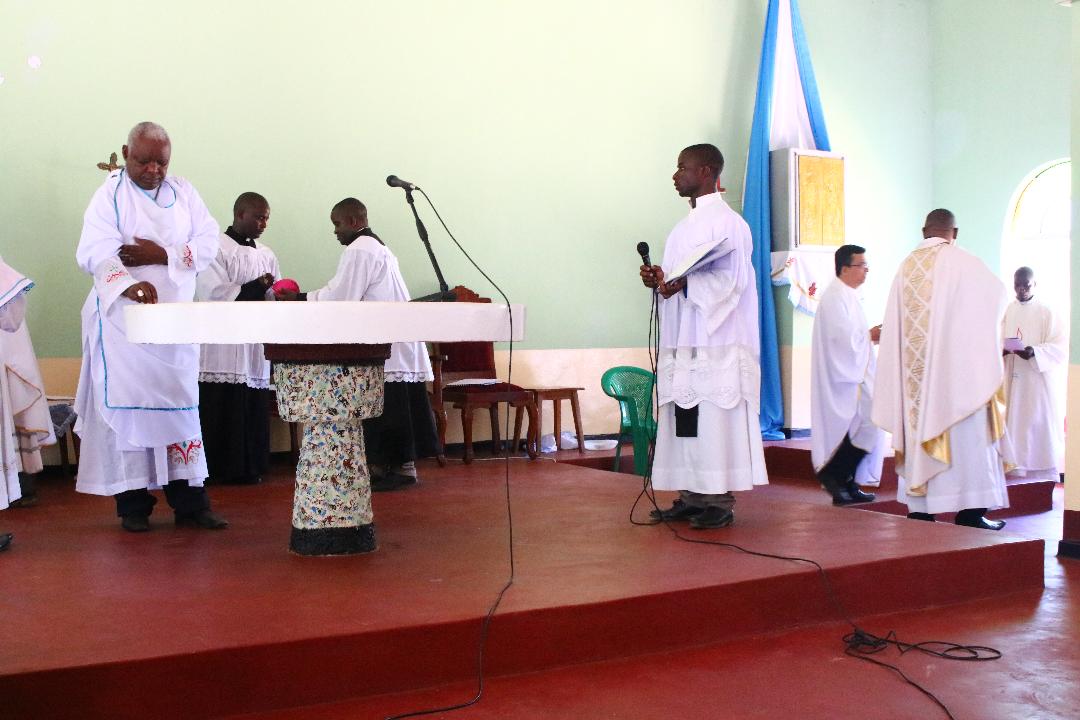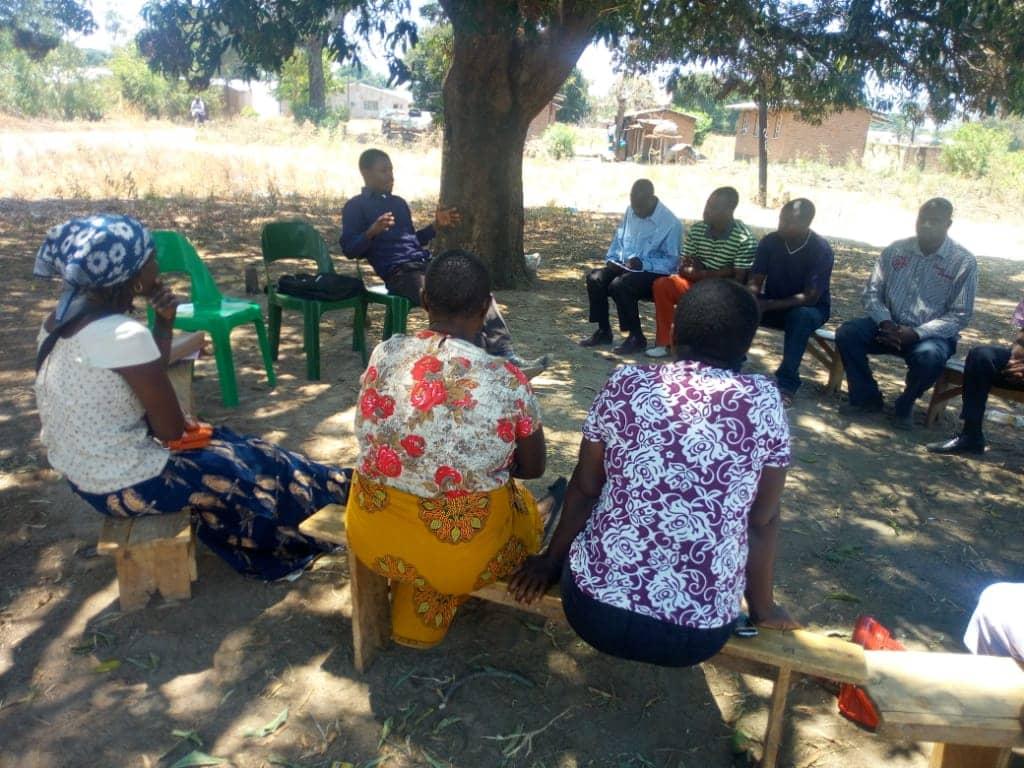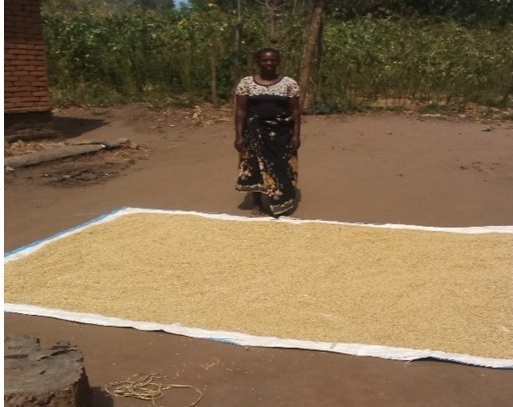Umoza Na Malawi Donates 15 Computers to St Annie’s and Ngala CDSSs
By Maureen Soko As one way of uplifting education standards in community day secondary schools (CDSSs) under the Diocese of Karonga, the diocese’s partners from Germany, through the Umoza na Malawi Project has donated 8 and seven desktop computers to...
Read MoreBishop Mtumbuka Welcomes Missionaries of St Francis De Sales to the Diocese of Karonga
By Phillip Chisi Bishop Martin Anwel Mtumbuka of the Diocese of Karonga, on 17th October, officially welcomed the congregation of Missionaries of St Francis de Sales to the Diocese of Karonga at the function which took place at St Mary’s...
Read MoreThe Vicar General Visits St Ignatius Parish to Complete His 2018 Pastoral Visits
By Benjamin Msowoya From 12 to 14 October, 2018, the Vicar General of the Diocese of Karonga, Monsignor Denis Chitete, made his pastoral visits to Wenya, Thumbo and Thelele zones of St Ignatius of Loyola Parish. The aim of the...
Read MoreBishop Mtumbuka Visits Tcharo in the “We Shall Go To Them” Spirit
By Paul Malata and Ignatius Mvula 13 October, 2018 will go into the annals of the people of Tcharo, in the newly created Livingstonia Parish, when they welcomed Bishop Martin Anwel Mtumbuka of the Diocese of Karonga in the area....
Read MoreBishop Mtumbuka Warns Against Poor Health Service Delivery
By Norbert Tambalamtuwa Mzembe. Bishop Martin Anwel Mtumbuka of the Diocese of Karonga has cautioned medical personnel in Chitipa and Karonga districts particularly those in health facilities that are under the Catholic Church to improve their services or they risk...
Read MoreFive Delegates from Karonga Diocese Attend the School of the Faith Launch in Zambia
By Phillip Chisi The Diocese of Karonga sent 5 delegates to Zambia to attend the launch of the School of the Faith in Zambia. The School of the Faith offers a learning environment that connects the core message of Catholic...
Read MoreBishop Mtumbuka Blesses Newly Constructed St. Mary’s Parish Church
By Moses Raymond Kamanga Heavenly Choir became bigger and louder on Saturday, 6 October, 2018 as it was joined by the earthly choir of scores of Christians from near and far when they gathered to thank God for the gift...
Read MoreConstituency Political Party Leaders Make a Commitment to Support Female Aspirants
By Moses Mwakisalu As the Justice and Peace Desk of the Diocese of Karonga, through the Malawi Electoral Cycle Support (MECS) Project, held a meeting with political party leaders, from Karonga South Constituency, to win their support towards women aspiring...
Read MoreSORT Project Enhances Livelihoods in Kasikizi
By Tilekeni Kaunda Vulnerable households in rural areas, who mainly depend on agriculture, face many challenges including declining soil fertility, erratic rains and limited access to extension services. With limited access to credit and farm inputs, these vulnerable households struggle...
Read More
